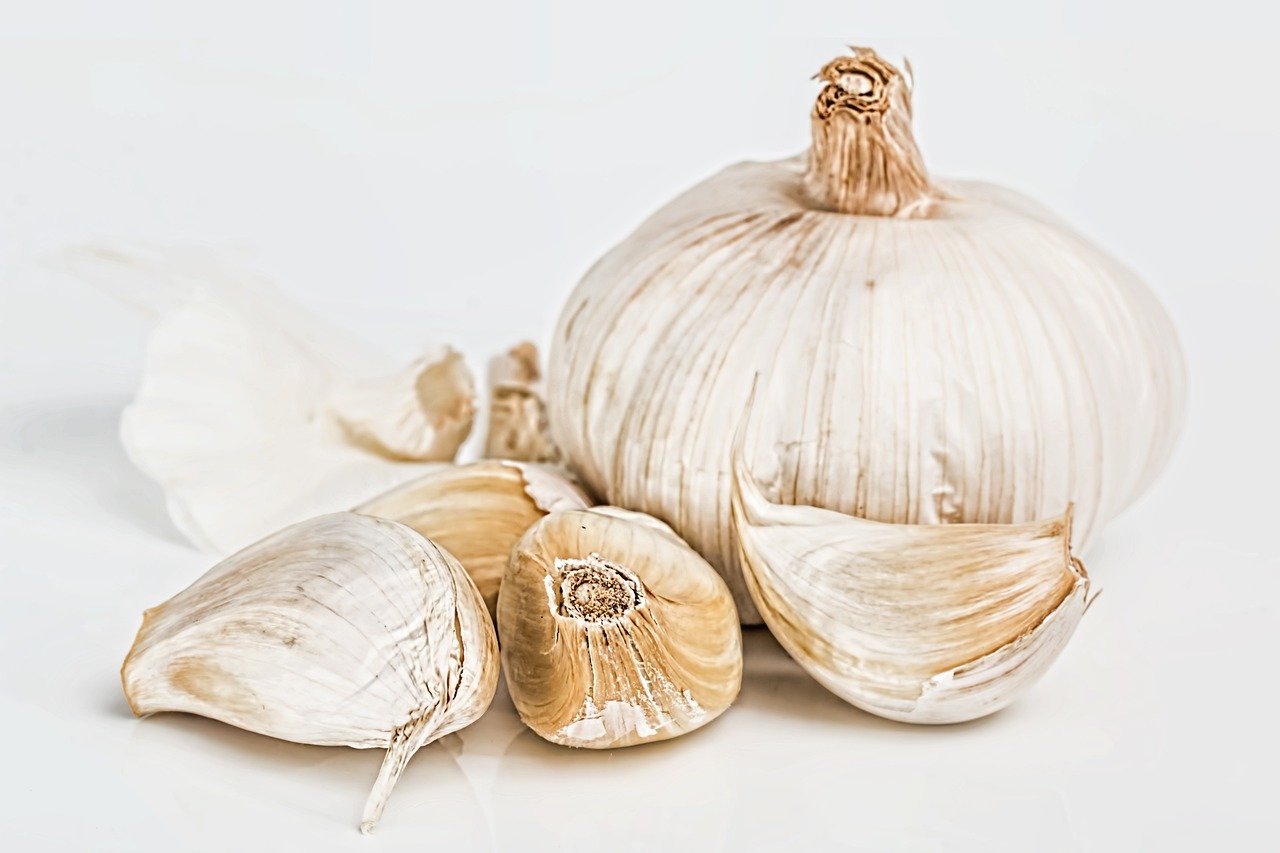In this article, you will discover the incredible power of antioxidants found in fruits and how they actively combat cancer cells. We all know that eating fruits is good for our overall health, but have you ever wondered why? Antioxidants play a crucial role in protecting our cells from damage caused by free radicals, which are often associated with cancer formation. Prepare to be amazed as we delve into the world of fruits and uncover their hidden warrior-like qualities in the fight against cancer cells.
The Role of Antioxidants in Fighting Cancer Cells
When it comes to preventing cancer, incorporating antioxidants into your diet can play a crucial role. Antioxidants are compounds that help protect the body from harmful free radicals, unstable molecules that can cause damage to cells and lead to the development of cancer. By neutralizing free radicals and reducing oxidative stress, antioxidants can help inhibit the growth of cancer cells and promote overall health. In this article, we will delve into the importance of antioxidants in cancer prevention, explore key antioxidants found in fruits, discuss their mechanism of action in fighting cancer cells, and provide tips on how to incorporate antioxidant-rich fruits into your diet.
Understanding Antioxidants
Definition of antioxidants
Antioxidants are substances that can prevent or slow damage to cells caused by free radicals. Free radicals are created in our bodies as a natural byproduct of processes like metabolism, but they can also be produced by exposure to environmental factors like tobacco smoke, radiation, and pollution. If left unchecked, free radicals can cause oxidative stress, leading to DNA damage and ultimately increasing the risk of cancer and other diseases. Antioxidants work by neutralizing free radicals, preventing them from causing harm to our cells.
Types of antioxidants
There are various types of antioxidants, each with its own unique properties and benefits. Some of the most well-known antioxidants include vitamins C and E, beta-carotene, resveratrol, and quercetin. These antioxidants can be found in a wide variety of fruits and vegetables and are known for their powerful cancer-fighting properties.
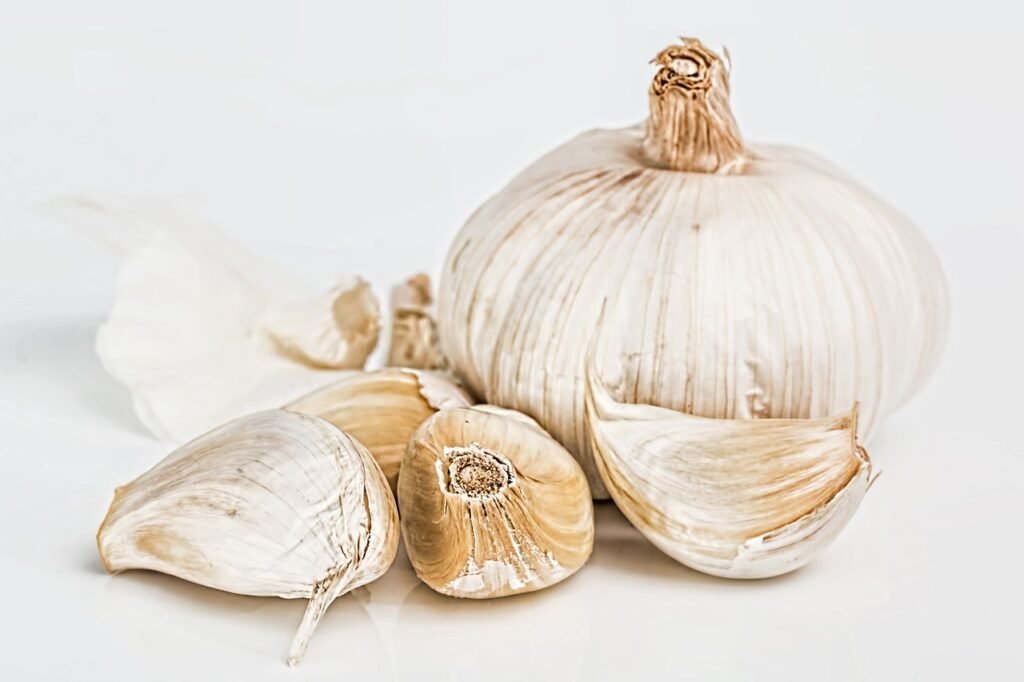
Link Between Antioxidants and Cancer Prevention
Antioxidants’ ability to neutralize free radicals
Free radicals are highly reactive molecules that can damage cells and DNA. By neutralizing these free radicals, antioxidants help protect our cells from oxidative damage. This, in turn, can help prevent the development of cancer cells and reduce the risk of cancer.
Effects of free radicals on the body
If left uncontrolled, free radicals can wreak havoc on our bodies. They can damage cellular structures, disrupt normal cell functioning, and even trigger mutations in DNA. This can ultimately lead to the development and progression of cancer. By combating the harmful effects of free radicals, antioxidants play a key role in preventing cellular damage and reducing the risk of cancer.
Key Antioxidants Found in Fruits
Vitamin C
Vitamin C is a powerful antioxidant that plays a crucial role in maintaining good health. It helps protect cells from oxidative stress, supports a healthy immune system, and aids in the production of collagen, which is essential for skin health. Some fruits that are rich in vitamin C include oranges, strawberries, and kiwis.
Vitamin E
Vitamin E is another potent antioxidant that helps protect cells from damage caused by free radicals. It is known for its ability to neutralize lipid peroxyl radicals, which can cause oxidative damage to cell membranes. Foods such as almonds, sunflower seeds, and spinach are excellent sources of vitamin E.
Beta-carotene
Beta-carotene is a pigment and precursor of vitamin A that acts as an antioxidant in the body. It helps protect cells and tissues from the damage caused by free radicals, and it has been associated with a reduced risk of developing certain types of cancer. Fruits like carrots, apricots, and cantaloupes are rich in beta-carotene.
Resveratrol
Resveratrol is a powerful antioxidant found in grapes, red wine, and berries. It has been shown to possess anti-inflammatory and anticancer properties. Resveratrol can help inhibit the growth of cancer cells, induce apoptosis (programmed cell death), and impede the formation of blood vessels that supply tumors, a process known as angiogenesis.
Quercetin
Quercetin is a flavonoid antioxidant that is present in various fruits and vegetables, including onions, apples, and berries. It has been shown to have anti-inflammatory and antitumor effects. Quercetin can help protect cells from oxidative damage, inhibit cancer cell growth, and enhance the effectiveness of chemotherapy.
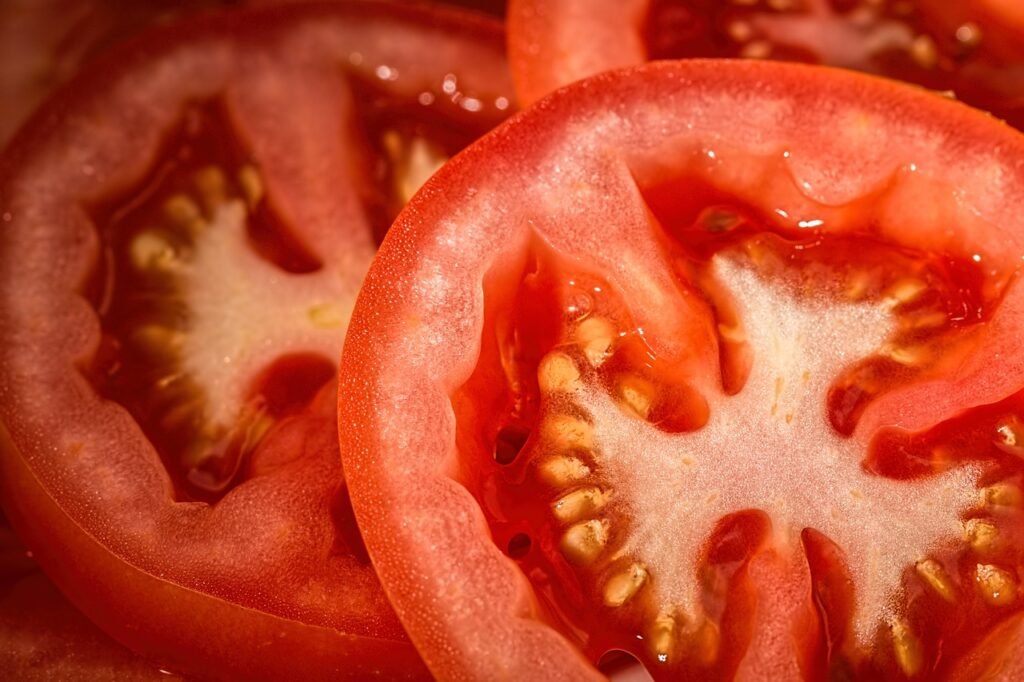
Fruits with High Antioxidant Content
Berries (blueberries, strawberries, raspberries)
Berries are renowned for their high antioxidant content, making them excellent choices for cancer prevention. Blueberries, strawberries, and raspberries are particularly rich in antioxidants such as vitamin C, quercetin, and resveratrol. These antioxidants work together to combat free radicals, protect cells from damage, and reduce the risk of cancer.
Citrus fruits (oranges, lemons, grapefruits)
Citrus fruits like oranges, lemons, and grapefruits are not only packed with immune-boosting vitamin C but also contain other beneficial antioxidants. These fruits contain flavonoids, such as hesperidin and naringenin, which have been shown to possess anti-inflammatory and anticancer properties. Adding citrus fruits to your diet can provide a refreshing and citrusy way to incorporate antioxidants into your daily routine.
Pomegranates
Pomegranates are known for their vibrant color and sweet-tart flavor, but they also offer a host of health benefits. Pomegranates contain a unique antioxidant called punicalagin, which has been shown to possess potent anticancer properties. Research suggests that punicalagin can inhibit the growth of cancer cells and even induce apoptosis, making pomegranates a valuable addition to your anti-cancer diet.
Grapes
Grapes, particularly the dark-colored varieties, are rich in an array of antioxidants, including resveratrol. Resveratrol has been widely studied for its potential anticancer effects and has shown promise in inhibiting the growth of cancer cells. Enjoying a handful of grapes as a snack or adding them to your fruit salad can be a delicious tactic in your fight against cancer.
Watermelon
Watermelon is a refreshing and hydrating fruit that also happens to be a great source of antioxidants. Packed with lycopene, vitamin C, and other antioxidants, watermelon can help protect cells from free radical damage and provide valuable nutrients for cancer prevention. Enjoy a slice of juicy, antioxidant-rich watermelon on a hot summer day to support your overall health.
Mechanism of Action in Fighting Cancer Cells
Neutralizing free radicals
One of the key mechanisms by which antioxidants fight cancer cells is by neutralizing free radicals. By donating an electron to a free radical, antioxidants stabilize it and prevent it from causing damage to cells. This helps to reduce oxidative stress and minimize the risk of cellular damage.
Protecting DNA from damage
DNA damage is a common precursor to the development of cancer. Antioxidants can help protect DNA from oxidative damage, which can occur when free radicals attack its structure. By safeguarding the integrity of DNA, antioxidants play a vital role in preventing mutations and reducing the risk of cancer.
Promoting apoptosis
Apoptosis, or programmed cell death, is a natural process that ensures the removal of damaged or unwanted cells from the body. Antioxidants have been found to promote apoptosis in cancer cells, helping to eliminate the abnormal cells and prevent the development and spread of cancer.
Inhibiting tumor growth and angiogenesis
Antioxidants, such as resveratrol, have been shown to inhibit tumor growth and angiogenesis. By blocking the formation of new blood vessels that support tumor growth, antioxidants can limit the nutrients and oxygen supply to cancer cells, hindering their ability to proliferate and spread.
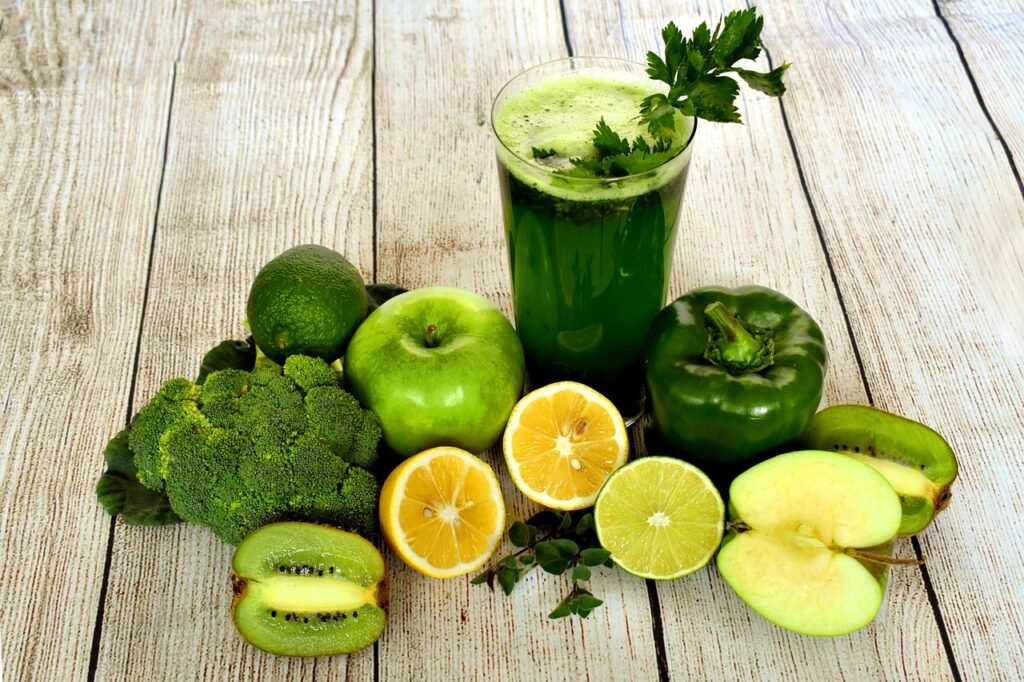
Research and Studies on Antioxidant-rich Fruits
Observational studies on fruit consumption and cancer risk
Numerous observational studies have explored the relationship between fruit consumption and cancer risk. These studies consistently show that higher fruit intake, particularly antioxidant-rich fruits, is associated with a reduced risk of developing various types of cancer. While observational studies cannot establish causation, they provide valuable insights into the potential benefits of incorporating antioxidant-rich fruits into one’s diet.
Laboratory studies on specific fruits’ effects on cancer cells
Laboratory studies have also shed light on the potential mechanisms behind the cancer-fighting properties of antioxidant-rich fruits. These studies often involve examining the effects of specific fruits or their extracts on cancer cells in vitro. Research has shown that various antioxidants found in fruits can inhibit the growth and proliferation of cancer cells, induce apoptosis, and interfere with signaling pathways involved in cancer development.
Incorporating Antioxidant-rich Fruits in the Diet
Daily recommended fruit intake
The American Cancer Society recommends consuming at least 2.5 cups of fruits and vegetables per day as part of a healthy diet. To maximize the intake of antioxidants, it is advised to choose a variety of fruits and vegetables, including those rich in antioxidants. By diversifying your fruit intake, you can ensure a broader range of antioxidants and reap their potential cancer-fighting benefits.
Choosing a variety of fruits
To incorporate antioxidant-rich fruits into your diet, focus on consuming a variety of colorful options. Include berries like blueberries, strawberries, and raspberries, along with citrus fruits, pomegranates, grapes, and watermelon. By opting for different fruits throughout the week, you can enjoy a range of flavors, textures, and nutrients while maximizing your antioxidant intake.
Factors to consider when selecting fruits
While all fruits offer health benefits, some have higher antioxidant content than others. When selecting fruits, consider their antioxidant profile, seasonality, and personal preference. Organic fruits are often recommended to minimize exposure to pesticides and maximize nutrient content. Additionally, consuming whole fruits rather than juices can provide more fiber and a slower release of sugars, promoting overall health.
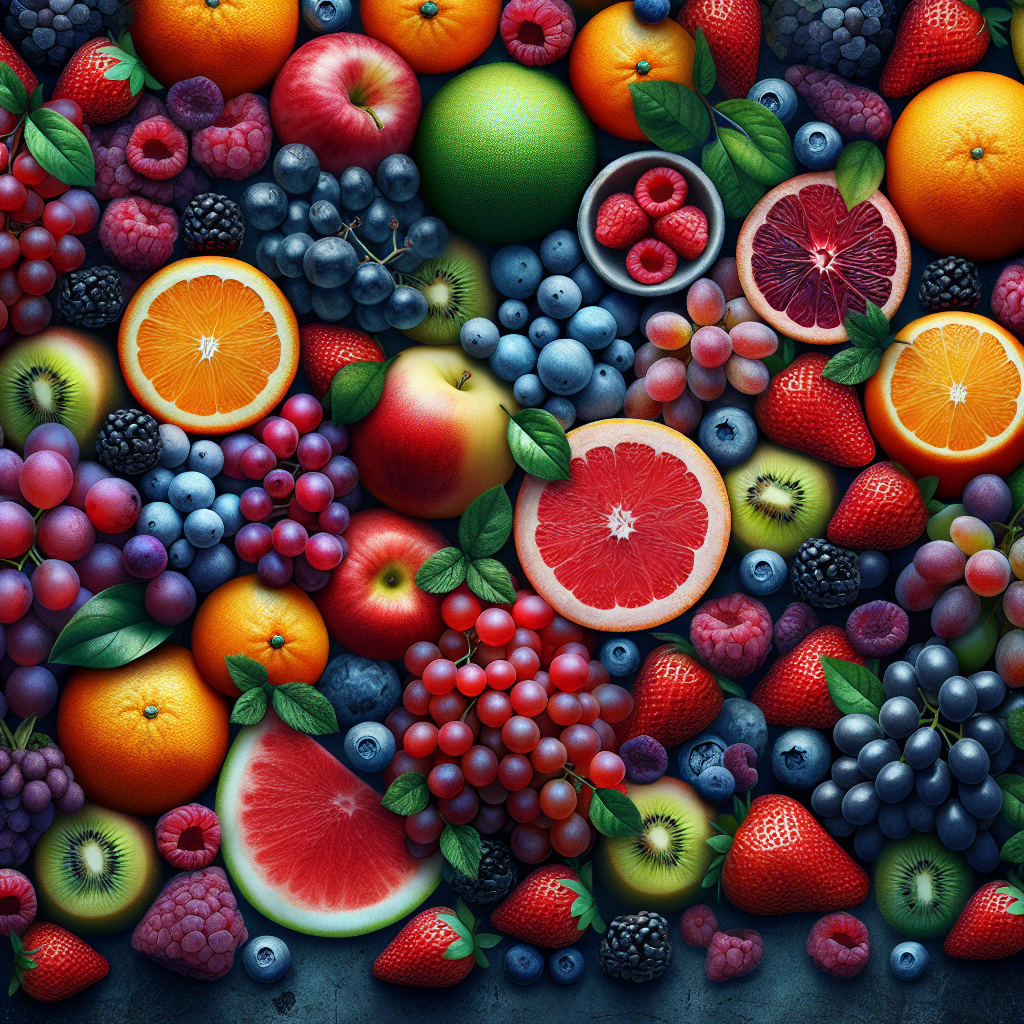
Potential Limitations and Precautions
Balancing antioxidant intake
While antioxidants play a vital role in cancer prevention, it is important to maintain a balanced intake and avoid excessive supplementation. Some studies suggest that an excessively high intake of antioxidants from supplements may have adverse effects. It is best to obtain antioxidants from whole foods, such as fruits, and consult with a healthcare professional before considering antioxidant supplementation.
Interactions with medications
Certain antioxidant-rich fruits, especially those high in vitamin C, may interact with some medications. For example, grapefruit and grapefruit juice can interfere with the metabolism of certain drugs, leading to potentially harmful interactions. If you are taking medications, it is important to consult with your healthcare provider to ensure a safe and appropriate consumption of antioxidant-rich fruits.
Individual variations in antioxidant needs
It is worth noting that individual variations exist in antioxidant needs and responses. Factors such as age, overall health, genetic predispositions, and lifestyle choices can influence the effectiveness of antioxidants in fighting cancer cells. Listen to your body and work with healthcare professionals to determine the optimal antioxidant intake for your specific circumstances.
Conclusion
Incorporating antioxidant-rich fruits into your diet can play a significant role in fighting cancer cells and promoting overall health. Antioxidants, such as vitamins C and E, beta-carotene, resveratrol, and quercetin, are powerful compounds that neutralize free radicals, protect DNA, promote apoptosis, and inhibit tumor growth. Berries, citrus fruits, pomegranates, grapes, and watermelon are all excellent sources of antioxidants. Through their various mechanisms of action, antioxidants can help prevent cancer and reduce the risk of developing this disease. By making antioxidant-rich fruits a regular part of your diet, you can harness their cancer-fighting potential and take an active step towards maintaining your well-being.


